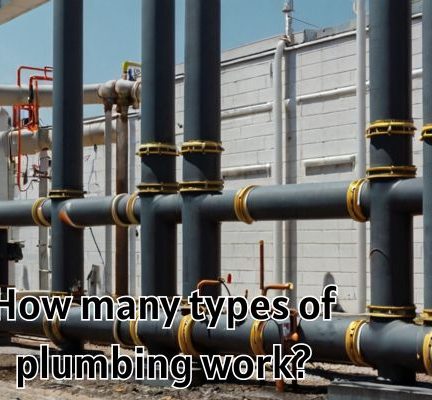Building a profitable commercial property inspection business involves more than simply conducting inspections – it also means improving your business operations, hiring inspectors and expanding the company.
A commercial building inspection typically entails walking the property and taking photos, inspecting both its exterior and interior areas thoroughly as well as reviewing any relevant documentation associated with it.
Structural
A commercial inspection involves an assessment of all structural elements, including roof flashing, interior walls, ceilings, floors, foundation, and footing. An inspector looks for signs of settlement or movement such as cracks in foundation, warping bowing leaning. They may also check for water infiltration which may compromise load bearing materials of a structure.
Inspectors then compile reports detailing the location, scope, and measurements of visible damage as well as an engineer’s opinion as to its underlying cause and proposed repair strategies.
Inspection services help owners prepare for sales or reassure prospective buyers about the property’s condition, while saving them money by identifying potential problems before they become costly repairs. Some owners hire inspectors before listing their buildings for sale to demonstrate proactive maintenance practices and minimise special assessment charges.
Electrical
Electrical inspections focus on the wiring and components within a commercial property. An inspector will conduct tests to make sure the wiring has been done according to local laws, while also inspecting existing wiring that might need updating due to age or damage.
Inspection will also check for any faults such as loose wires that could create a fire risk for those living in the building and ensure the fuse box is appropriately sized to handle its workload and any potential corrosion in breakers or wiring is addressed as well.
A commercial building inspection will conduct a comprehensive examination of any issues that pose a safety threat to individuals in a building, such as potential fire hazards or any other form of danger that could threaten them. They’ll also look out for any faulty wiring which might cause their electricity supply to trip off suddenly, which would create major inconvenience to all in that building.
Mechanical
As a commercial inspector, your responsibility lies with inspecting all mechanical systems within a building – this includes inspecting HVAC/R, plumbing, and electrical systems to ensure they’re running optimally as well as any fire safety systems present in the structure.
At this stage, you will review documents related to the property such as appraisals, construction documentation, citations, environmental studies, fire safety certificates and surveys.
Commercial property inspections differ considerably from home inspections in terms of their requirements for specific skills and specialised knowledge, yet expanding your services into this market can be very profitable. Why? Unlike homeowners who only refer you to friends and family for similar services, business owners usually have extensive networks of colleagues that could recommend you as clients need multiple inspections for their commercial properties over time – making this an excellent opportunity to expand your services while simultaneously learning industry trends and gaining valuable experience that will benefit both you and your clients long-term.
Plumbing
Commercial properties differ significantly from residential structures in that there is much greater variation in size, features, and utility systems. Therefore, commercial inspectors are trained to inspect more areas than would typically be included during a home inspection.
At commercial properties, the plumbing system is frequently subjected to inspection. A commercial building inspection will look out for leaks and make sure water pressure is sufficient, while searching for fire protection equipment such as smoke detectors and sprinklers.
Commercial properties must also undergo inspection for electrical system components such as breaker boxes, wiring connections and roof damage; as well as heating ventilation air conditioning (HVAC) system maintenance and roof inspection services. Depending on the building type and structure, commercial inspectors may consult specialised experts or contractors for further evaluations.
Many career pathways lead to commercial property inspection. You could choose a background in construction, real estate, facility management or anything in between to start out in this profession. Your experiences could provide invaluable connections that assist with landing first jobs as well as team members such as specialty consultants or other inspectors.
Exterior
Visual inspection of commercial properties is an integral component of building inspection. Here, the inspector checks for cracks in walls and doors; damaged siding or shingles; as well as their overall condition and overall state.
An inspection must also consider the history and significant changes of a facade as well as current conditions that could threaten its future structural integrity, such as splitting or fracturing of terra cotta tiles, movement in lintel/shelf angles, corrosion of metal anchors and supports, water entry through cavities into cavity spaces, mineral build-up etc.
In accordance with their obligations under SWARMP and filing an acceptable report with the Department, QEWI must determine whether building walls and appurtenances are safe, unsafe or have been repaired and maintained as per SWARMP requirements. To comply with these regulations, physical commercial building inspection of exterior walls along each public right-of-way (via scaffolding or similar means) must take place; compliance can also be achieved using observation platforms like scaffolds.
